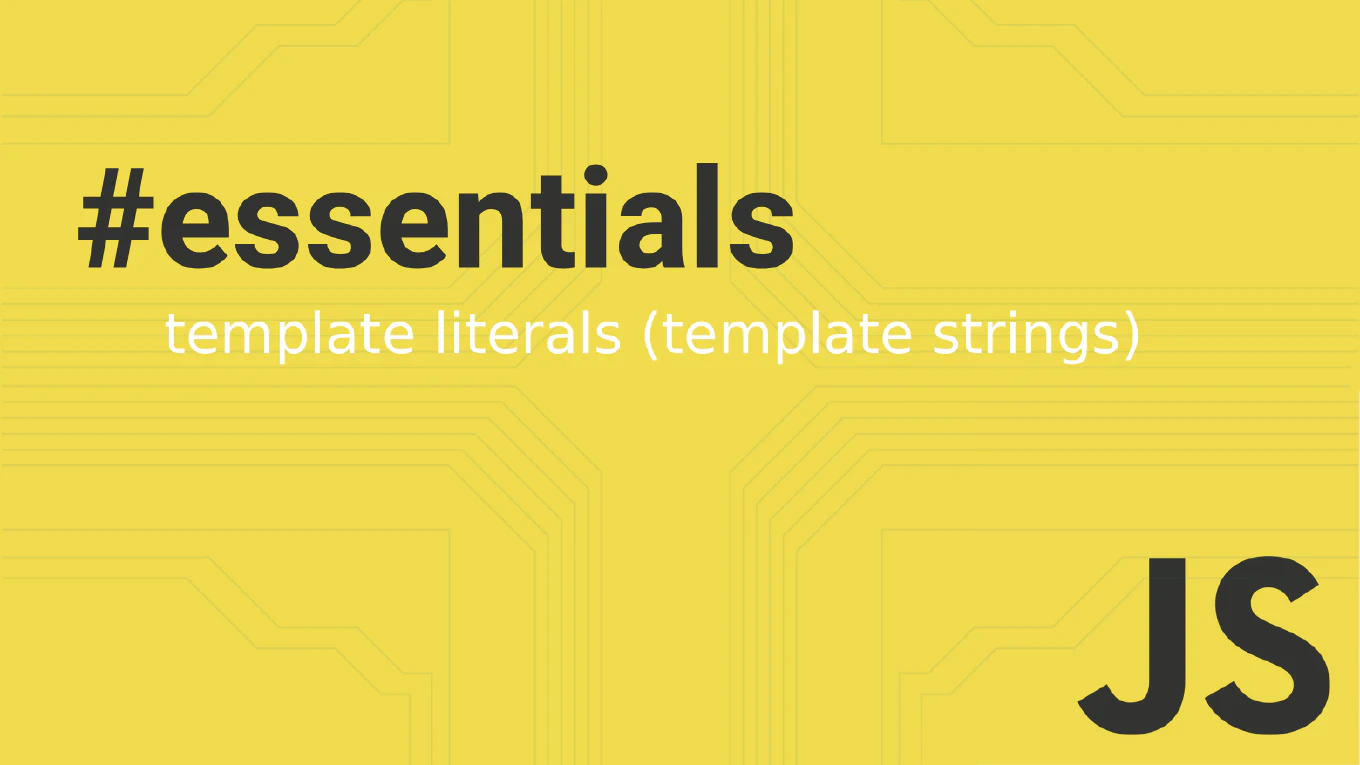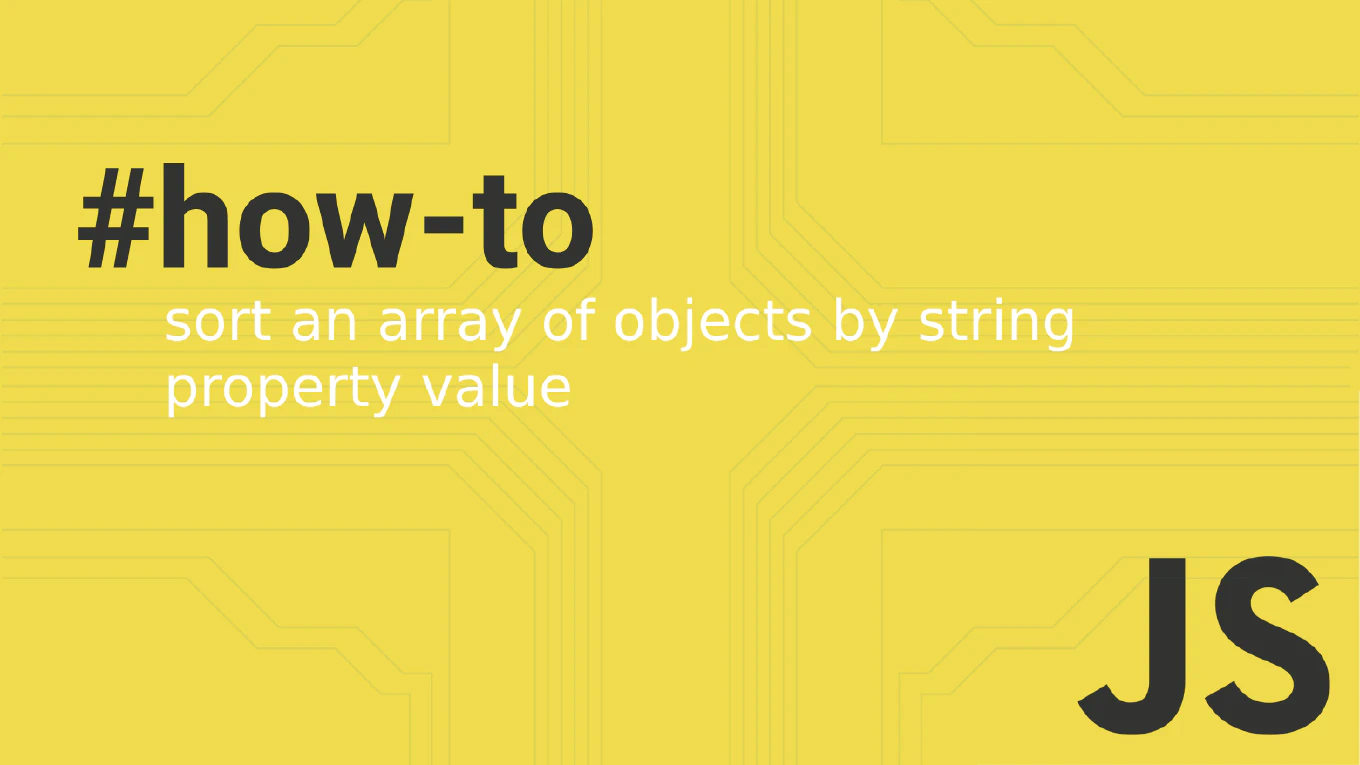Why does querySelectorAll in TypeScript return Element instead of HTMLElement?

Understand why querySelectorAll in TypeScript is typed as Element, how it relates to the DOM spec, and the right way to work with HTMLElement arrays in your code.
How to Disable Right Click on a Website Using JavaScript

Disabling right-click functionality on a web page is a common requirement for website owners who want to protect their content from unauthorized copying or saving of images. While it’s important to note that this method isn’t foolproof, it can serve as an effective deterrent against casual users attempting to steal content or access the context menu.
JavaScript Template Literals: Complete Developer Guide

Template literals revolutionized how developers work with strings in JavaScript. This modern feature provides a powerful alternative to traditional string concatenation, offering enhanced readability and functionality that every developer should master.
Maintaining Accessibility with React createPortal and aria-owns: A Complete Guide

When building modern React applications, developers frequently use createPortal to render components like dropdowns, modals, and tooltips outside their natural DOM hierarchy. While this solves styling and z-index issues, it creates a significant accessibility problem: screen readers lose the semantic connection between trigger elements and their associated content.
How to Use Bootstrap Dropdown in Angular – CoreUI Integration Guide

Dropdown menus are a UI staple — from user avatars to action menus, they power some of the most important interactive patterns in web apps. But when working with Angular and Bootstrap, you don’t want to rely on data-bs-toggle="dropdown" or imperatively manage DOM events.
How to Use Bootstrap Modal in Vue 3 – Clean Integration with CoreUI

Modals are a key part of modern UI — used for confirmations, forms, alerts, and more. If you’re building an Angular application with Bootstrap 5 styles, you might wonder how to implement modals without relying on jQuery or manual DOM manipulation.
How to Use Bootstrap Dropdown in Vue 3 – CoreUI Integration Guide

Bootstrap dropdowns are everywhere — in headers, sidebars, tables, toolbars. But if you’re using Vue 3, you probably don’t want to manage them via data-bs-toggle or vanilla JS events.
How to Use Bootstrap Modal in Vue 3 – Clean Integration with CoreUI

Modals are essential in modern interfaces, whether you’re confirming destructive actions, displaying forms, or showing dynamic content. If you’re using Vue 3 with Bootstrap styles, you might wonder: what’s the cleanest and most idiomatic way to use a modal?
How to Use Bootstrap Tooltip in Vue 3 – The Right Way with CoreUI

Using Bootstrap in Vue 3? You’ve probably noticed that native Bootstrap tooltips don’t play well with Vue’s reactive and declarative nature. Bootstrap still relies on imperative DOM access — not ideal for Vue’s component-driven architecture.
How to Use Bootstrap Dropdown in React the Right Way – with CoreUI

If you’re using React and want to build dropdowns that look and behave like Bootstrap 5, there’s a better way than relying on data-bs-toggle or manual DOM manipulation. React applications need declarative, accessible, and lifecycle-aware components — and CoreUI for React delivers exactly that.
In this article, you’ll learn how to implement Bootstrap-style dropdowns in React using the CDropdown component from CoreUI — cleanly, idiomatically, and without hacks.



